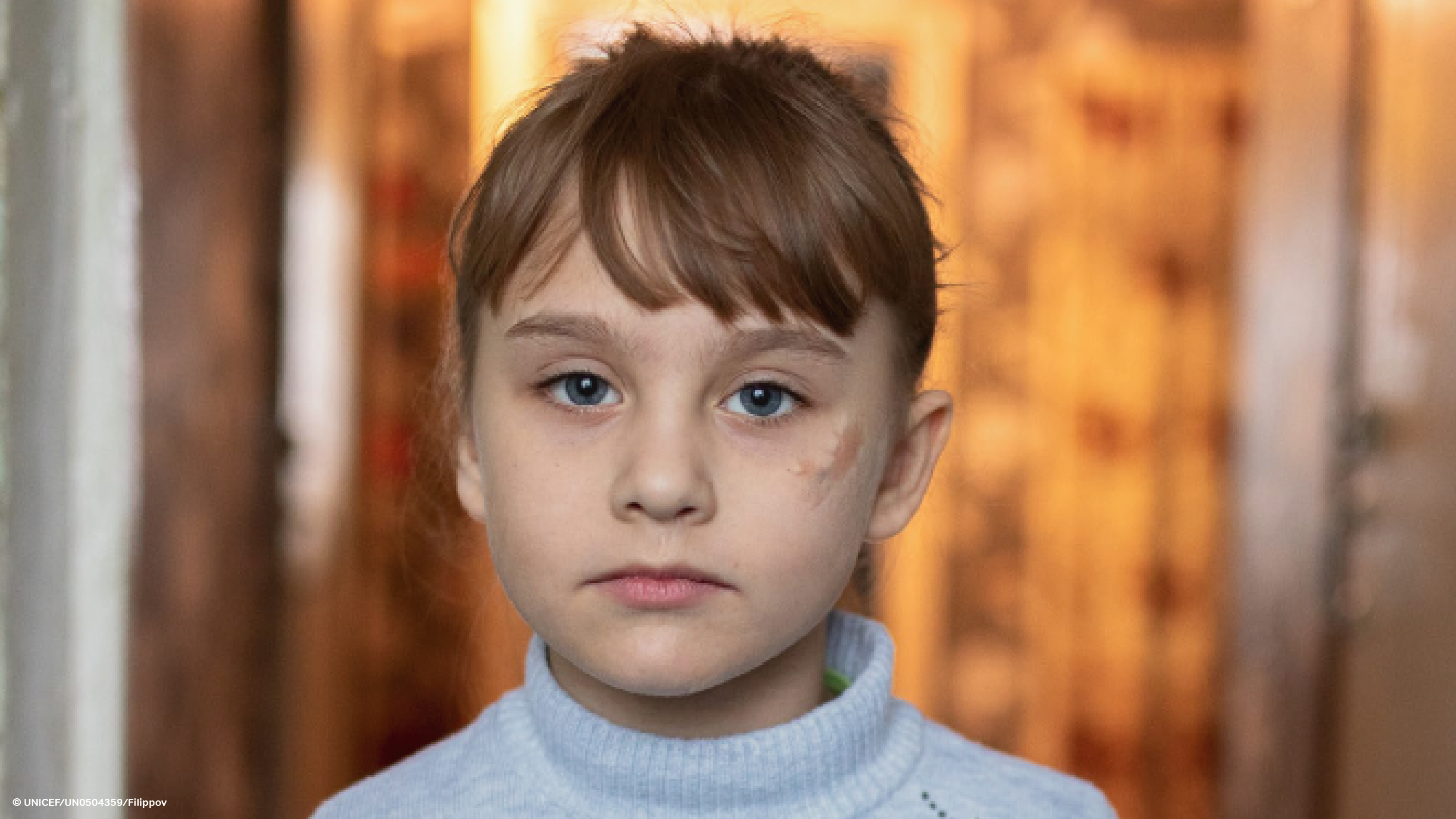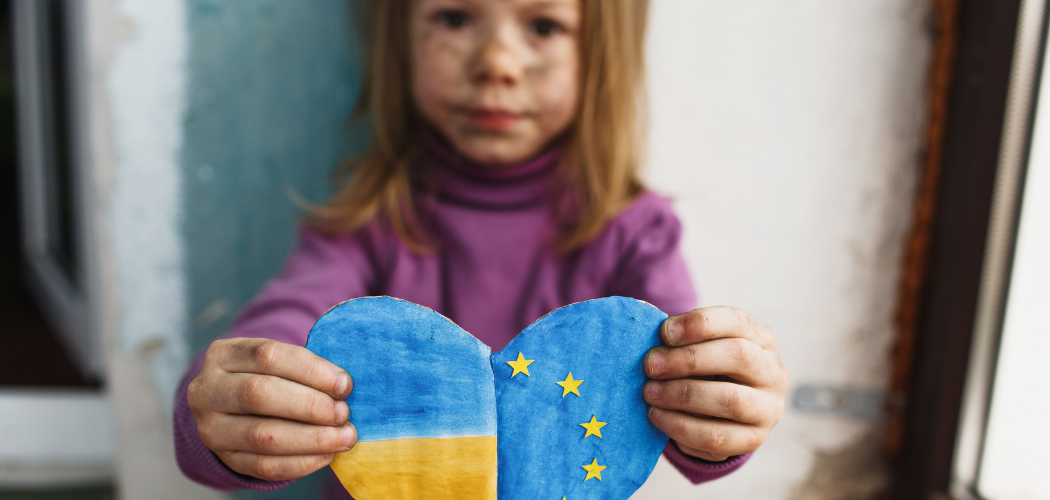EEG’s main findings on the submitted Recovery & Resilience National Plans
Since the beginning of the year, the European Expert Group on the Transition from Institutional to Community-based Care has been following closely the work around the Recovery and Resilience Facility. We analysed several draft Recovery and Resilience National Plans, and shared country-specific recommendations with the European Commission based on each of the draft plans. Furthermore, in May the EEG published the statement “Recovery and Resilience Facility must support community inclusion, not segregation”, calling on the EU and its Member States to comply with the United Nations Convention on the Rights of Persons with Disabilities (UNCRPD), the United Nations Convention on the Rights of the Child (UNCRC) and the EU’s commitment towards deinstitutionalisation, and thus not allow for any investments in institutions to be included in the National Recovery and Resilience Plans (RRPs).
With the aim to verify whether the EEG’s recommendations were taken into account in the negotiations between the European Commission and Member States, and to assess whether the RRPs submitted to the European Commission still foresee investments into residential institutions, the EEG has analysed the final adopted plans. We hope our assessment will help the European Commission in its steering role during the implementation phase by identifying best practices and which parts require special attention.
EEG’s main findings
The EEG has identified several important measures in the final RRPs, such as improving access to the labour market of persons with disabilities (including vocational training and rehabilitation), as well as various measures to improve accessibility of the built environment and transportation, capacity building of preschool facilities for children, measures in the education system to tackle the digital divide and inclusive education that affect pupils with disabilities, and others. We have also identified measures in the area of prevention of institutionalisation, community-based services and deinstitutionalisation, but unfortunately also some investments which might contribute to institutionalisation.





